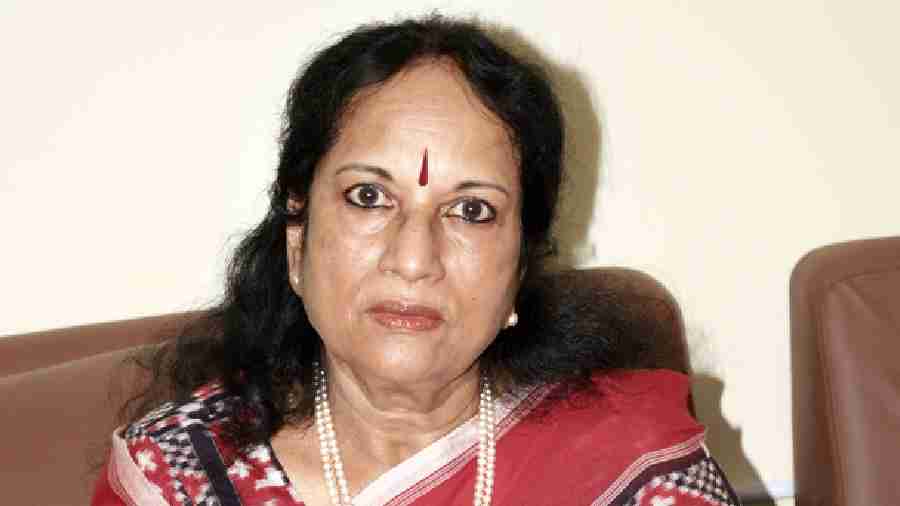When three-time Grammy winner Ricky Kej got a congratulatory tweet from the Prime Minister last week, it was the continuation of a long association the musician had with Narendra Modi. There’s an amusing tale of what happened when Ricky met Modi way back in 2015, after winning his first Grammy. During the scheduled half-hour meeting that stretched to an hour, an intrigued Modi had asked him, “If you don’t mind, what does Kej stand for?” His reply that it was the short form of Kejriwal had the PM chuckling.
Few know that the Bengaluru-based musician of Marwari origin, whose third win had hoardings cheering him with “Kej is all the Rej... Amul for Garma Garammy snacks”, is the grandson of someone once famous as an Olympics champ in cycling. Jankidass was his name and he was a character actor too. Known for his unique style of cycling where he bent forward to protect his chest from the wind, which helped increase his speed, the Olympics tag was, in reality, factually incorrect. He was a champ during the world war when there were no Olympics and what he participated in were the British Empire Games, where he broke all records. Setting a new record is in the family genes even if Ricky reigns in an arena vastly different from his grandfather’s cycling track.
Talking of music, it’s an industry from where an offkey note too can emanate at times. It seems serendipitous that three different celebrity names were trending almost simultaneously last week. It was poignant that on the eve of Republic Day, a Padma Vibhushan was announced for singer Vani Jairam, who had recorded over 10,000 songs. Barely 10 days later, on February 4, she was found dead in her Chennai residence, ostensibly after a fall, the singer living long enough to know she’d got the Padma honour but passing away before she could receive it. Two days later, the nation remembered Lata Mangeshkar on February 6, her first death anniversary.
We live in an India where the death of an army general across the border sparks off a debate on how one shouldn’t speak ill of the dead. But how do you tell the story of two posthumous names where one was bruised by the other? Anybody who was around during the Mangeshkar monopoly of the 70s would know that Vani was almost hounded out of the recording rooms of Mumbai.
Music director Vasant Desai was not only a fellow Maharashtrian but also lived diagonally opposite Lata Mangeshkar on Peddar Road when he braved her wrath and backed Vani, who was proficient in both Carnatic and Hindustani music. He made her a household name with Bole re papihara, picturised by Hrishikesh Mukherjee on Jaya Bhaduri in Guddi (1971), and with the timeless Runanubandhachya in Marathi which Vani sang with the legendary Kumar Gandharva.
However, snide little barbs about her south Indian accent, even by the actresses on whom her chartbusters were picturised, pushed Vani to the South, where she got her fame and fortune. She did surface for the occasional Hindi film song, like Gulzar’s Meera (1979); Ravi Shankar had chosen Vani to render the melodious Mira bhajans. But it was Chennai where she had to settle down for true recognition and a heap of awards.
Desai died in an eerie lift accident in 1975. He’d passed away when his nephew Vikas Desai (of the famous Aruna-Vikas team of directors) picked one of his unrecorded compositions and recorded a duet with Vani and Mohammed Rafi for Shaque (1976). Till the end of her life, Vani would pray to Vasant Desai’s photo along with all the other gods in her mandir.
In a strange week of coincidences, another renowned filmmaker K. Vishwanath passed away on February 2. The iconic songs she sang in Vishwanath’s much-feted film Sankarabharanam (1980) had fetched Vani her first National Award.
Lata Mangeshkar, K. Vishwanath, Vani Jairam. Legends who went away in February, leaving behind a treasure trove of music, cinema and stories.
Bharathi S. Pradhan is a senior journalist and author











